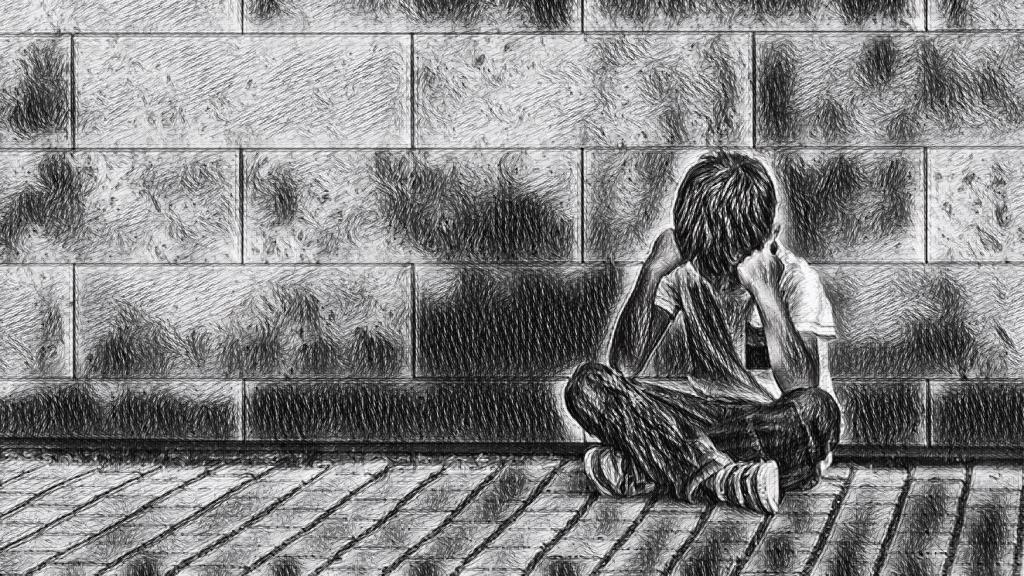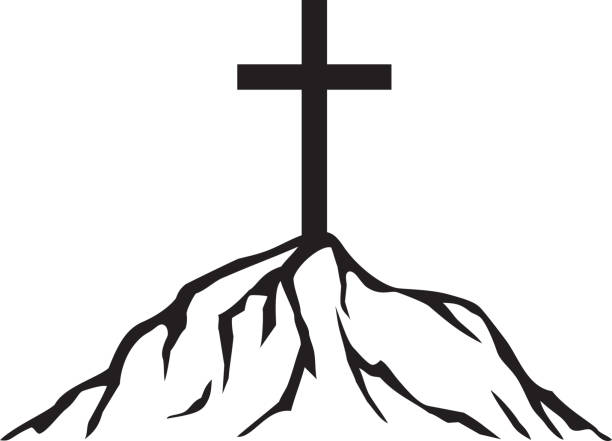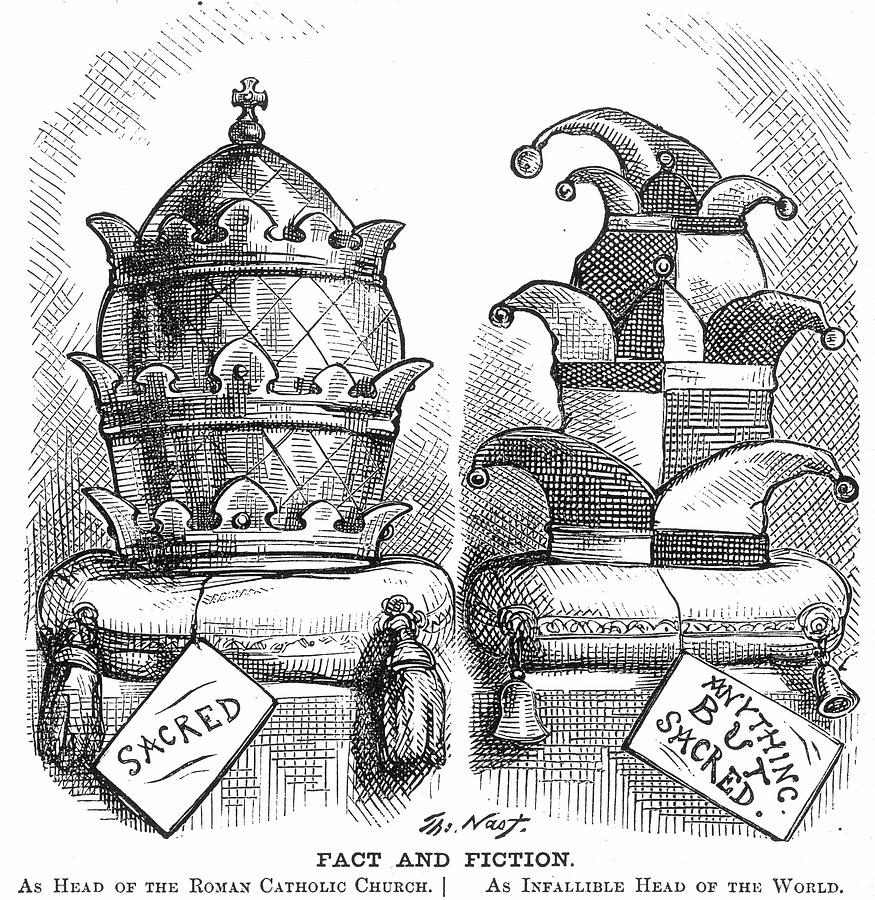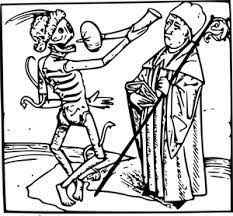I have long insisted that the matter of the Church’s teaching on the death penalty, past and present, will divulge a sensitive point of contention and vulnerability to critics of the Church’s charism of infallibility. Prior to the contemporary debates, the crisis point was arguably the Church’s diminishing toleration for the institution of slavery. I suspect the answer to understanding the one will come with insights at how the Gospel of Life was played out for the other.
Politically conservative Catholics are at odds with Pope Francis on a number of matters, especially his heightened concern about the environment and his absolute stand against the death penalty. The text upon the latter subject in the universal catechism has been revised three times, first by Pope John Paul II. Of course, the late Pope arguably urged putting aside capital punishment given that those who enable abortion and further a culture of death against the innocent forfeit any moral and civil authority to take the lives of the guilty. While I have no problem with a moratorium on executions, at some point we need a clear and thorough rationale for such a doctrinal shift that conflicts with the rendering of scholastic or Thomistic theology and previous magisterial statements.
Look at the trajectory of this teaching in the Church:
The Catechism of the Council of Trent (1566 AD) asserts:
Another kind of lawful slaying belongs to the civil authorities, to whom is entrusted power of life and death, by the legal and judicious exercise of which they punish the guilty and protect the innocent. The just use of this power, far from involving the crime of murder, is an act of paramount obedience to this Commandment which prohibits murder. The end of the Commandment is the preservation and security of human life. Now the punishments inflicted by the civil authority, which is the legitimate avenger of crime, naturally tend to this end, since they give security to life by repressing outrage and violence. Hence these words of David: In the morning I put to death all the wicked of the land, that I might cut off all the workers of iniquity from the city of the Lord (Psalm 101:8).
It would imply that mercy to the guilty would inflict harm or risk the lives of the innocent.
The first draft of the Catechism of the Catholic Church (1992 AD) would affirm the traditional teaching (section 2266):
Legitimate public authority has the right and the duty to inflict punishment proportionate to the gravity of the crime, not excluding, in cases of extreme gravity, the death penalty.
The Holy See was becoming increasingly uncomfortable with this teaching and sought to restrict this power of the state with a revision in 1997:
Today, in fact, as a consequence of the possibilities which the state has for effectively preventing crime, by rendering one who has committed an offense incapable of doing harm – without definitely taking away from him the possibility of redeeming himself – the cases in which the execution of the offender is an absolute necessity “are very rare, if not practically non-existent.
Pope John Paul II had known civil oppression inflicted first by Nazi occupation and later by the Communists. Such no doubt made him wary of giving the state the authority to take human life. Just as certain people centuries ago suffered death for heresy, he had known political dissidents who have been imprisoned and executed as political enemies of the state. How does one rein in such terrible authority? Again in 1997, Pope John Paul II, in light of his encyclical, Evangelium Vitae, would clarify section 2267:
If bloodless means are sufficient to defend human lives against an aggressor and to protect public order and the safety of persons, public authority should limit itself to such means, because they better correspond to the concrete conditions of the common good and are more in conformity to the dignity of the human person.
As we can see the door to any possibility of capital punishment was left open a crack by the Holy Father’s prudential qualification of Church teaching on this matter. There was no way to evade the evidence of support from the Church found in Scripture and in natural law. There were four clear rationales for such punishment: (1) the harsh and irrevocable nature of an impending death would likely move the condemned to repentance and conversion; (2) the absence of this person would protect society and the innocent from any further harm from him; (3) the terrible punishment would instill fear and act as a deterrent to others contemplating similar crimes; and (4) just as with temporal punishment due to sin, all faults cry out for retribution or punishment. Given that the Christian’s spiritual compass is more attracted to the Divine Mercy than to the Divine Justice, social retribution would likely be the weakest of the four grounds. Traditionalist critics would heavily lay claim to the second in arguing that the death penalty best protects the innocent from the guilty.
The writing seemed on the wall for some time. The American bishops protested the use of the death penalty long before Vatican II, distressed at the discrepancy between the rich and the poor in mounting a legal defense. Pope Francis seems to have closed the door with his revision of section 2267 to the universal catechism:
Recourse to the death penalty on the part of legitimate authority, following a fair trial, was long considered an appropriate response to the gravity of certain crimes and an acceptable, albeit extreme, means of safeguarding the common good. Today, however, there is an increasing awareness that the dignity of the person is not lost even after the commission of very serious crimes. In addition, a new understanding has emerged of the significance of penal sanctions imposed by the state. Lastly, more effective systems of detention have been developed, which ensure the due protection of citizens but, at the same time, do not definitively deprive the guilty of the possibility of redemption. Consequently, the Church teaches, in the light of the Gospel, that ‘the death penalty is inadmissible because it is an attack on the inviolability and dignity of the person,’ and she works with determination for its abolition worldwide.
This caused controversy in some circles because while there was a qualification of “more effective systems of detention,” it implied that the Church was previously wrong on the matter at hand. Remember these words were published not just in any catechism but in the official compilation of the teachings of the Catholic faith. Pope John Paul stated upon its initial release that it was “a sure norm for teaching the faith and thus a valid and legitimate instrument for ecclesial communion.” If there were vacillation in any part of it, what else might be up for grabs?
While I cannot speak to what is in the mind of the current pope, we may still be dealing with a prudential opinion. Can civil officials and their judgment be trusted in life or death determinations over criminals when their support for abortion and now legalized euthanasia undermines the sanctity of life and “the inviolability and dignity of the person”? I suspect that even many of the pre-Vatican II popes might say no.
Filed under: Uncategorized | Leave a comment »





















































